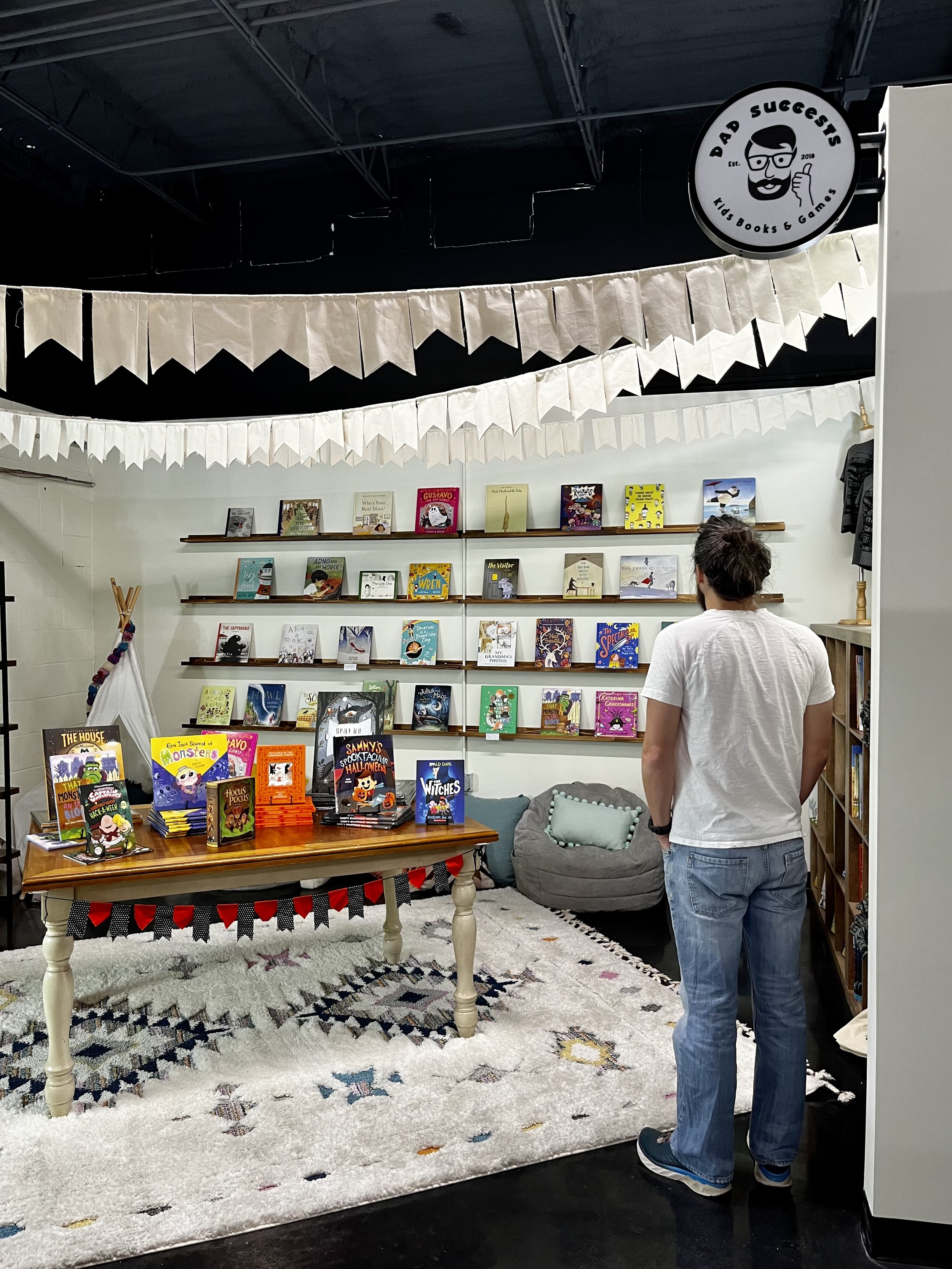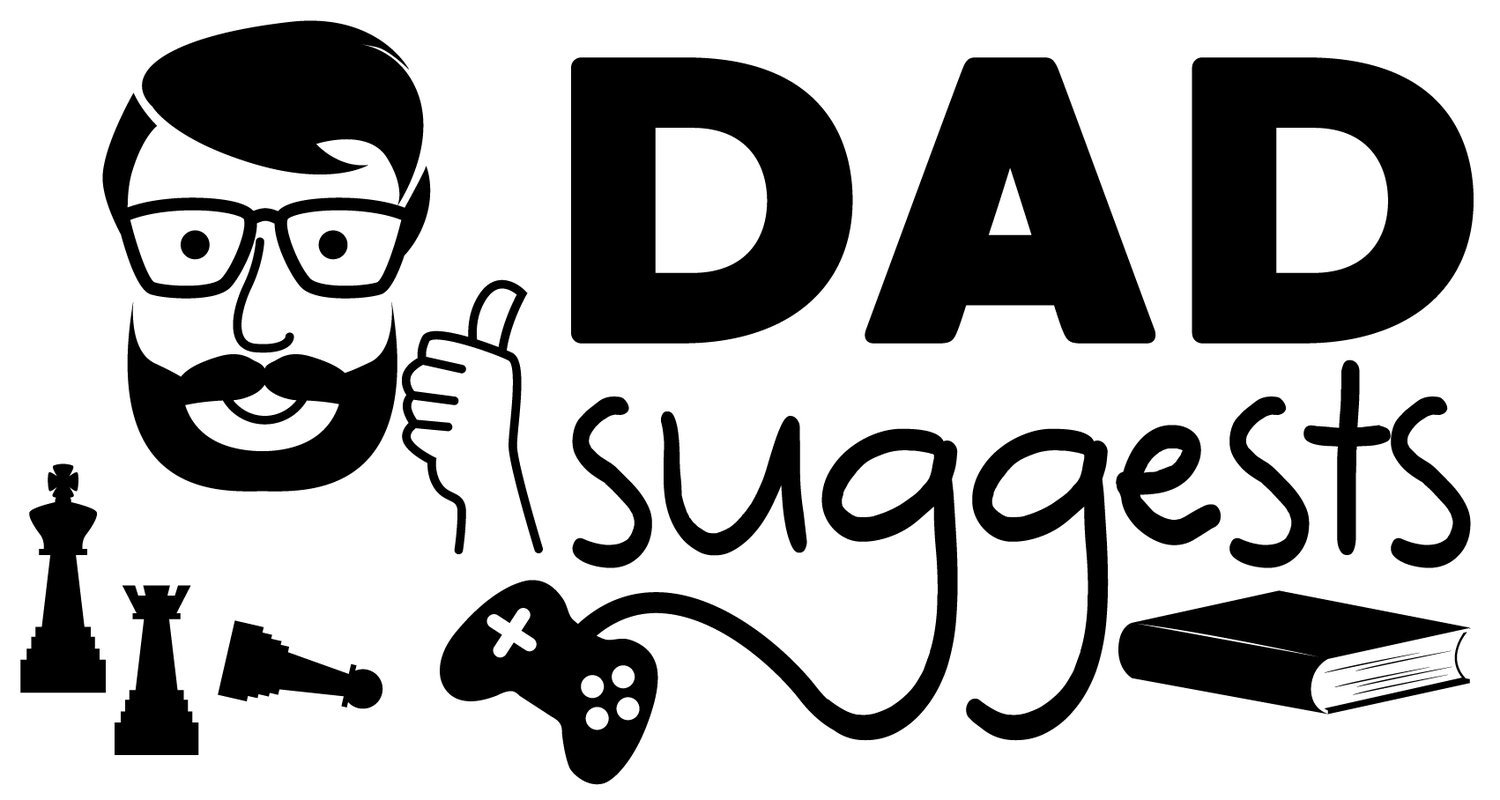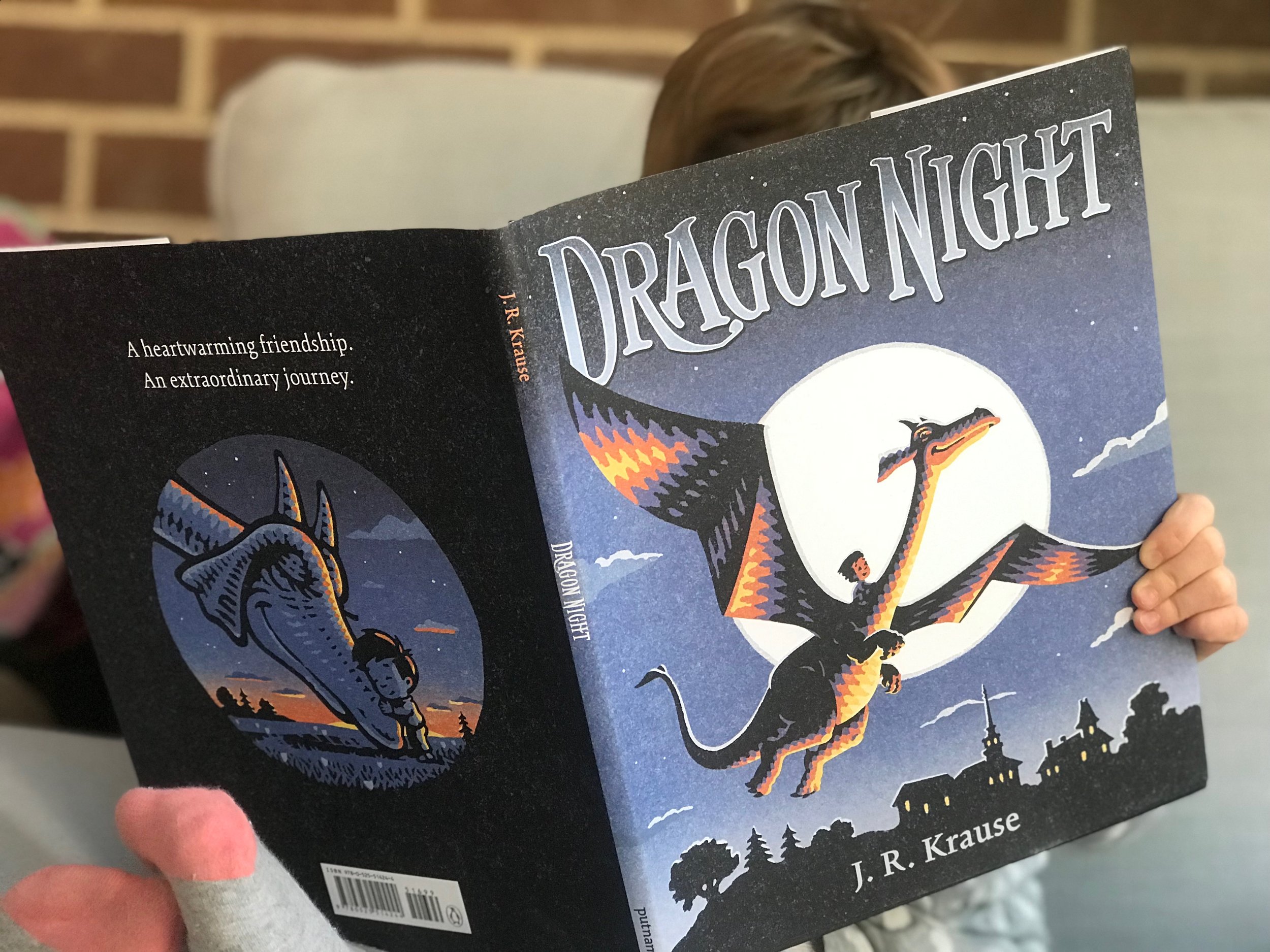5 Family Board Games to Try If You Love Chess
I’ve always been attracted to abstract board games, or games that generally have perfect information available to all players. They minimize luck and prioritize skill and outwitting your opponent. Don’t get me wrong, I’m also very fond of press-your-luck games at times, and I enjoy very much how random elements like dice can level the playing field with less experienced players. But abstract strategy games like chess will always have a special place in my heart.
Chess is a beautiful and engaging game that allows you to push your knowledge, calculation, and focus to their very limits. It places the wits of two players against each other, and the player with more experience and more skill will almost always win. As you can read in our article on the benefits of chess for children, chess exercises and flexes a lot of very useful cognitive skills. And if you love the game of chess, you’re probably very familiar with the way it can clear your mind as you travel down the rabbit hole of trying to find the “right” move.
And that is precisely the feeling I love to replicate while playing other board games with the family. I love the idea of there being an objectively correct move out there waiting to be discovered. But I also love the idea that there is still room for creativity and practicality. In abstract and strategy games, you still have the option to play offensively or defensively - trying to block the interests of your opponents for instance.
If you love playing these types of strategy games with the family, it’s always good to have several choices of games at your disposal for variety. And it’s always a joy to get a new game that you can all learn together at the same time. After all, the downside of this genre of board games is that if you have vastly more experience than your opponent, much of the fun is often sapped from the game.
I’m happy to report, however, that I don’t feel that way about a single game on this list. And that’s so important, because if you go head to head with someone in a strategy game, and you legitimately don't know who is going to win, it’s some of the most fun gaming can provide. So if you love that feeling or you have a little chess fan in your house, I really think you’ll enjoy these games.
All five of these games give me a mental workout where I begin to calculate my options and all of the possible outcomes - just like I’m playing chess. But my wife and our 6-year-old still give me more than my fair share of defeats. My winning record in the household is actually pretty abysmal. In fact, maybe we should just go back to chess after all.
Disclosure: Some of the links in this post are affiliate links. Affiliate links will lead you to view the items’ listings on Amazon.com.
5. Blokus
Published by Mattel
Blokus is an incredibly fun strategy game. I love how much spatial awareness is involved in this game. You have 21 different shaped blocks that you’re trying to get on the board somehow, and you have to constantly be aware of your opponents’ moves and decide whether you need to shift from offense to defense in your quest to capture the most territory and get all of your pieces on the board.
Our 6-year-old has easily been playing this game with us independently for more than a year, but my wife and I really love playing it by ourselves too. In fact, we recently purchased Blokus Duo, a simplified 2-player variation with white and black pieces. It plays very quickly, and it is an absolute blast - lending itself well to playing over and over again.
Blokus is a true battle of the wits in the spirit of chess - but having so many different shaped pieces (and the unpredictability of your opponents moves) to deal with really keeps it incredibly fresh and engaging. And there’s nothing more satisfying than barely squeezing out through a corner when your opponents are trying to cut you off.
4. Qwirkle
Published by MindWare
Qwirkle introduces a little bit of randomness into the game, because you draw new mystery tiles each turn. This certainly levels the playing field by adding a hint of randomness - but it also does so without removing all of the elements of abstract games that I love.
You only get to work with the tiles you have, kind of like Scrabble. But there’s still an objectively correct move on the board somewhere to maximize your points. You definitely need good board vision to scan the entire playing field and identify all of your options, just like a good chess player.
You also have to think both offensively and defensively in Qwirkle. Like any good strategy game, I love it when you have to decide whether to maximize your points, or to play it safe and avoid setting up your opponent for a good turn. The point of the game is to place the blocks in rows of matching shapes or colors - without repeating a block. There are 6 different shapes in the game, so 6 in a row (or a Qwirkle) is the best you can get. I have to admit, there’s something very satisfying about getting a Qwirkle and earning those extra points.
I’m a big fan of the high-quality wooden tiles, and this game travels really well when you toss all of the tiles into the draw bag that comes with it. Our 6-year-old is very competitive with us in this one too. He’s even able to find plays with his tiles that compliment existing horizontal and vertical rows at the same time. Such wonderful training in spatial awareness!
3. Othello
Published by Cardinal
I’ve had our original copy of this game from Pressman since I was little, but it seems the easiest way to get your hands on it these days is grabbing the new Othello Classic edition from Cardinal. I’ve always loved the fact that it feels like this is a game you can actually master. There are some people, like my brother, who I don’t believe I’ve ever beaten in Othello.
I like that there are certain tidbits of information to learn about the game that always hold true. These are things that you can learn and apply to future games - like how important it is to control the edges, and even more so the corners. I’m able to pass on information like this to my son and it instantly improves his strategy. Once he knew that the corners are important, suddenly he’s planning his moves to make sure he doesn’t set me up to take them.
It’s a beautifully simple game with multiple layers of learning for kids. First your kids need to learn how to find the moves they can make - where they can lay a piece to “trap” their opponents pieces and flip them over. Then they’ll get better about seeing both the horizontal and the diagonal lines at the same time. And finally they’ll reach a point where they’ll think into the future and ask themselves how their move will set up their opponent for their move. The commonalities with chess are astounding.
2. Santorini
Published by Roxley & Spin Master
Santorini is a very attractive abstract strategy game. In it you are basically building a city, and you’re trying to be the first to stand upon the third level of a building. You can play it with 2-4 players, and it still plays very well as a one-on-one battle.
Gameplay is very simple to explain. On your turn you build and you move. Simple, right? But I guarantee you’ll be surprised at how much calculation is needed in this game. I find myself reaching a very similar headspace during Santorini as I do during a chess tournament. I have to clear my mind and calculate several moves ahead - all while watching out for everything my opponent could potentially do on their turn.
You can also play with the addition of “God cards” that give each player special abilities. For example, you might have the ability to build twice on your turn, or move twice. There are 30 different God cards so there is a tremendous amount of variability in this game, making it very hard to master. But, quite honestly, even playing without the God cards makes for a very interesting battle full of critical thinking.
1. Onitama
Published by Arcane Wonders
You might hear Onitama described as Chess-lite, and I think it’s a very fitting nickname. You have pieces that move in certain ways, and they are trying to capture each other. And their official names are even “pawns”. But it plays significantly faster than your standard chess game, and it comes with one gigantic difference in gameplay.
The really great thing about Onitama (other than the fact that its packaging and components are absolutely beautiful) is that every single game is different! The game comes with move cards that you draw before each game. These cards decide how your pieces are going to move for the entire game. The odds of drawing the exact same 5 moves for another game are not good, making Onitama extremely difficult to master.
Every time I play I feel like I’m just trying to find my sea legs for half the game. I try to make sure my opponent can’t take my pawns, and I look for opportunities to make unstoppable threats. And there are a couple of different major threats to look for in this game. You can win by capturing your opponent’s master pawn, or by moving your master pawn into your opponent’s temple.
Onitama carries an absurdly high recommended age of 14+, but I must stress how absurd that is. It’s a very popular birthday present choice around here and every single 6-year-old I’ve introduced the game to has really loved it. Kids naturally gravitate towards chess, and Onitama is truly chess-lite. It plays much faster, you don’t need to remember as many pieces, and explaining how to win the game is much simpler. But it still provides an opportunity for very deep calculation and planning for those who want it.
Do you like games that make you use your logic and formulate plans? What do your kids think about these games? What’s your favorite strategy game or abstract board game? Let us know in the comments!













